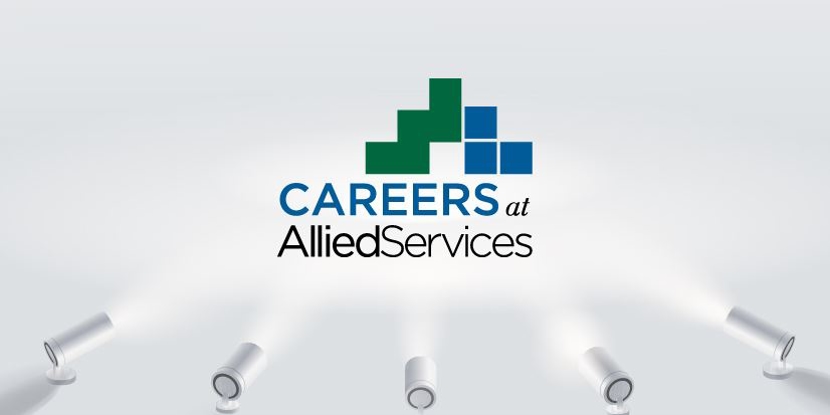Staying Safe in Summer Heat: Top Tips from a Nurse
- Category: Personal Care, Resources
- Posted On:
- Written By: Allied Services Integrated Health

Living in Northeastern Pennsylvania, we have the benefit of experiencing all four seasons. Many people look forward to the summer months, while some dread the heat and humidity. When you are young and healthy, you can enjoy more time safely outside in the heat and live more comfortably in your home during the hotter months. However, with age comes an increased risk of heat-related illnesses, collectively known as hyperthermia. This can include heat stroke, swelling of the ankles and feet when you get hot, sudden dizziness after exercising in the heat, heat cramps, and heat exhaustion. Why is this?
Well, as we age, it becomes harder for our bodies to adjust to extreme temperatures due to several factors. These include changes in the skin such as poor blood circulation and the efficiency of sweat glands. Sweat is the body’s air conditioning system; when sweat evaporates from the skin it causes a cooling effect. Reduced sweating may also be caused by medications such as diuretics, sedatives, and certain heart and blood pressure medications.
Another age-related change is a decreased thirst sensation. By the time the sensation of thirst occurs there may already be early dehydration. Early signs of dehydration include dry mouth, fatigue (tiredness), dizziness, and muscle cramping.
There are measures that people of all ages can take to keep themselves safe and cool this summer. Drink eight 8 oz glasses of water daily and avoid caffeine which increases the potential for dehydration. If you don’t like water, try seltzer, no-sugar-added fruit juice, or sports drinks as your diet allows. Spend time outside in the morning or evening hours, avoiding peak heat time. Decrease time in the sun to avoid over-heating. Certain medications can make you more prone to sunburn, dehydration, or dizziness, so it is important to discuss possible problems with your physician.
In the home, keep curtains closed to avoid the sun heating up the room. Use air conditioners and fans as available, and make sure ceiling fans are spinning in the correct direction (counter-clockwise). If you are unable to afford air conditioning use a portable fan. You can fill a large bowl of ice, place it in front of the fan to blow cooler air, and create air conditioning. If you are using a box fan in the window have it blowing out instead of blowing warm air inside. The exhaust fan in your stove hood can be used to push hot air out of your home. Close doors to rooms you don’t use often, but keep bedroom and bathroom doors open to allow air to circulate. Avoid using the oven; cook foods in the microwave or the crockpot. Wear lightweight loose-fitting clothes. Use cold wash clothes on the head, neck, wrists, underarms, and places where blood passes close to the surface of the skin. If you are unable to maintain a cool enough temperature in your home, stay with family or go to the mall or senior center activities where air conditioning is provided.
If you suspect that someone is suffering from a heat-related illness, encourage them to move to a cooler place in the shade or air conditioning. If the person can safely swallow, offer fluids such as water that do not contain alcohol or caffeine. Encourage the person to shower, bathe, or sponge off with cool water if it is safe to do so. If you suspect heatstroke, call 911.
April James, RN, MSN is Director of Nursing and Professional Services at Allied Services Home Health.



